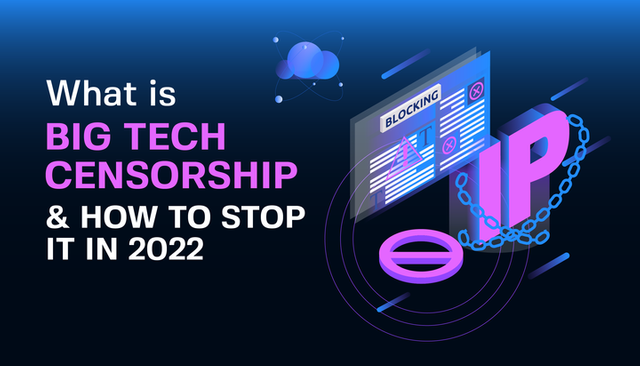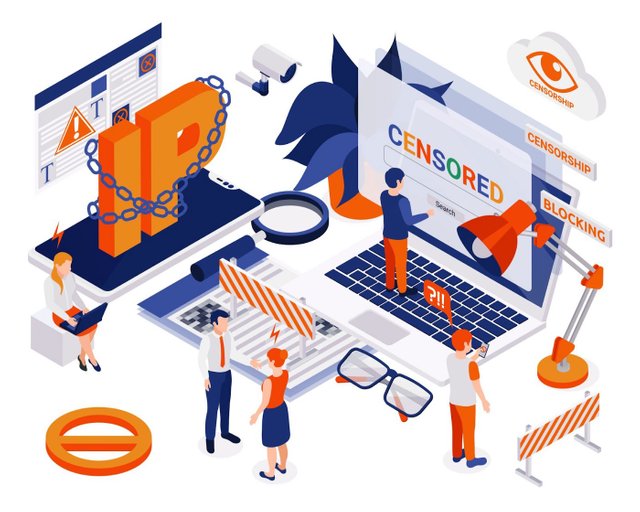
In the aftermath of numerous whistle-blowers coming forward, and details about mass surveillance being made public not much has changed in the last decade. While there has been a call for reform, and many critical pieces of surveillance law -like the ‘Business Records Provision’ of the 2001 Patriot Act have expired, mass surveillance is more expansive than ever.
Most of this can be attributed to advances in technology that allow companies to peer into almost every aspect of our lives. Tech giants such as Google, Apple, and Facebook have been known to give governments the data they want, and the wild success of products like Alexa or Google Home shows how little the average person knows or cares about global surveillance programs run by the NSA, the Five Eyes Intelligence Alliance, or any number of other organizations across the world.

Bezos buying the Washington Post is another attempt to control the narrative, with all subtlety thrown out of the window. Mega corporations have their paws in everything from free speech to the oil trade. The ‘right to be forgotten’ which is the concept that individuals have the right to have their personal information removed from the internet is quickly becoming a thing of the past, and we love our phone-controlled refrigerators too much to do anything about it.
“We kill people based on Metadata”
– Michael Hayden, former director of NSA and CIA
On 8th January 2021, Twitter banned Donald Trump for inciting violence and promoting an attack on congress. Some applauded the platform for doing so, some criticized it pointing out inconsistencies with its rules, and some accused the company of not going through with the ban while Trump was still president because he might’ve found a way to harm them.
In 2020, Jack Dorsey (Twitter’s CEO) told senate republicans that said that posts denying the holocaust ever happened wouldn’t be removed, since those posts were misleading information, but they didn’t have a policy against those types of posts.
Do you see the problem here? In a nutshell, humans are too complicated and have too diverse a range of opinions for a single platform to be able to somehow take a completely fair and neutral stance. Whether you lean left, right, or right down the middle, censorship and its effect on free speech should worry you, because while that always seems to happen to someone else, we are all someone else to someone else.
Rules have gotten more stringent over the years, and companies who allow graphic content on their website often face heavy fines for getting caught with their hand in the cookie jar. This is ironic because they use cookies to track you across the web all the time. It also doesn’t help that most internet platforms rely on advertisements to make money, and large corporations with millions to spend on ads shy away from using platforms that don’t have a squeaky-clean image.
All this leads to big tech companies being overly careful about what and who they allow on their platform, handing out bans left, right, and center, like Santa handing out presents from an XXL goodie bag.
Your personal data can also be used against you, like being subpoenaed by lawyers for civil cases like divorce. According to Google’s transparency report, it answered over 150,000 such data requests in the past year.
A frequently touted answer to this problem in the US is to repeal ‘Section 230’, a law that shields internet firms from liability for content posted by users. But regardless of laws around the world, big tech is almost too big and spread too far across borders to be effectively regulated.
In early 2021, Australian officials demanded that Google start paying news outlets for stories it shows on its search results page. Google responded by threatening to shut down services in Australia. (although it did agree to pay publications in the end).
As long as data and website control remains in the hands of a few individuals, this problem will never be solved. That’s why Web3 aims at decentralizing the internet, by using the following:
Decentralized Storage, which ensures data is never centralized and thus, never controlled by a single entity
Open-source applications, that use tokens to distribute ownership rights across many individuals, which means no one can shut it down, not even the founders
A decentralized browser, that completely cuts off the legacy internet, and can be used to access these new decentralized websites
All these points combine to ensure a censorship-resistant internet that allows users to express their opinions, and communicate privately, without being blasted by ads that algorithms assign to you based on content from your ‘private’ conversations.
While Web3 isn’t quite the Utopia just yet, it certainly seems to answer a lot of these questions. As calls for a more open and inclusive internet continue to grow, Web3 projects continue to gain momentum.
Check www.pointnetwork.io
I really think those guys need more people to talk about them
Downvoting a post can decrease pending rewards and make it less visible. Common reasons:
Submit
sure thing, need more huge partnerships
Downvoting a post can decrease pending rewards and make it less visible. Common reasons:
Submit
Point Network has a great future
Downvoting a post can decrease pending rewards and make it less visible. Common reasons:
Submit
their community will support them
Downvoting a post can decrease pending rewards and make it less visible. Common reasons:
Submit
Yeah, their fans are pretty pumped
Downvoting a post can decrease pending rewards and make it less visible. Common reasons:
Submit